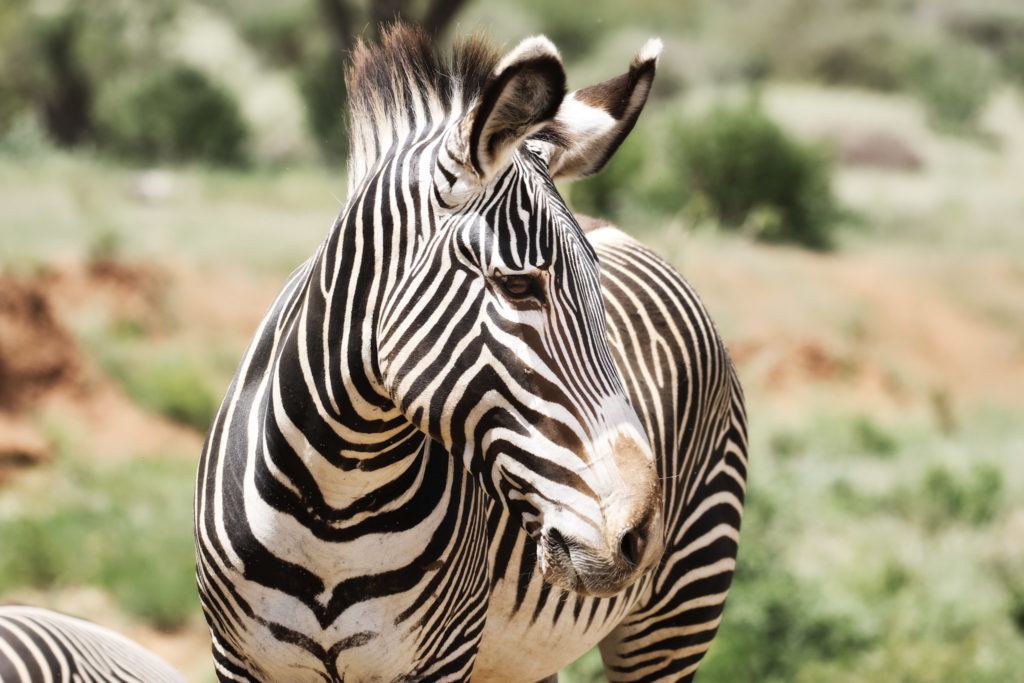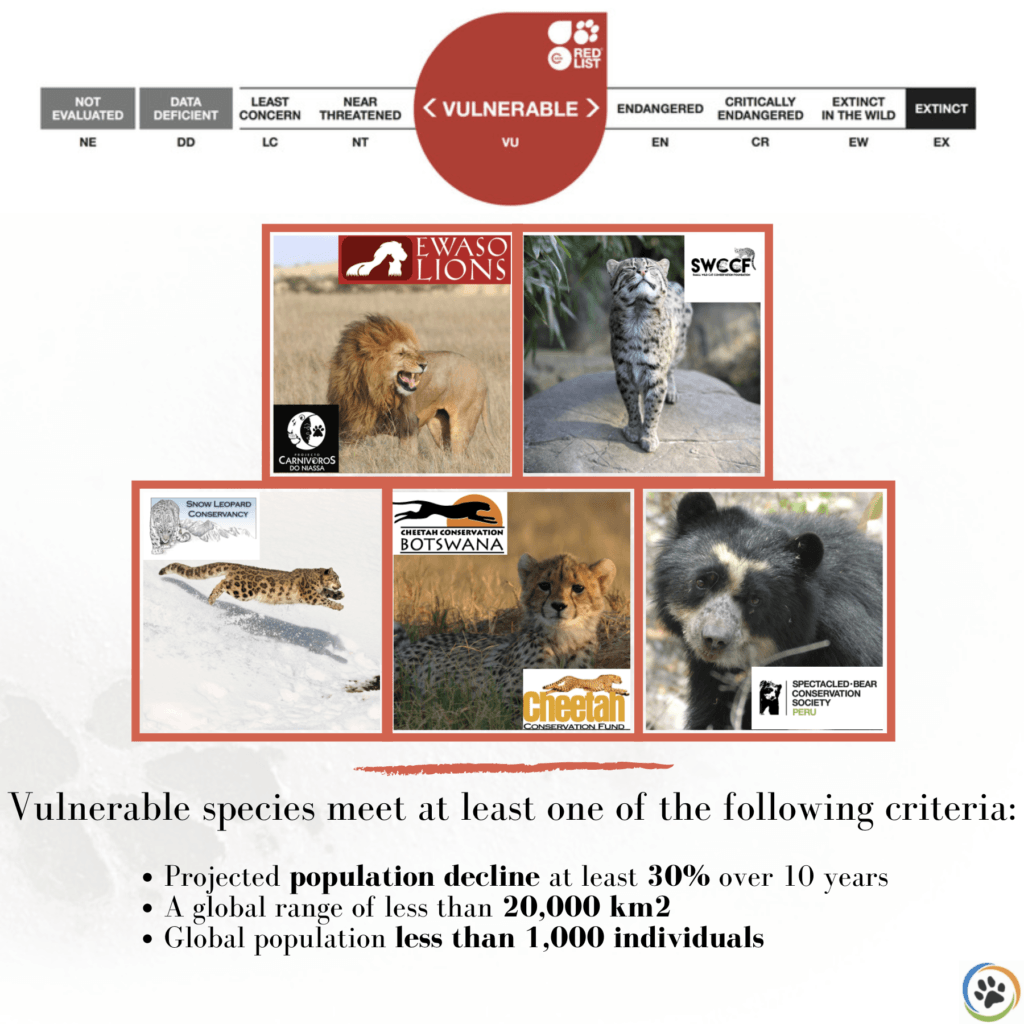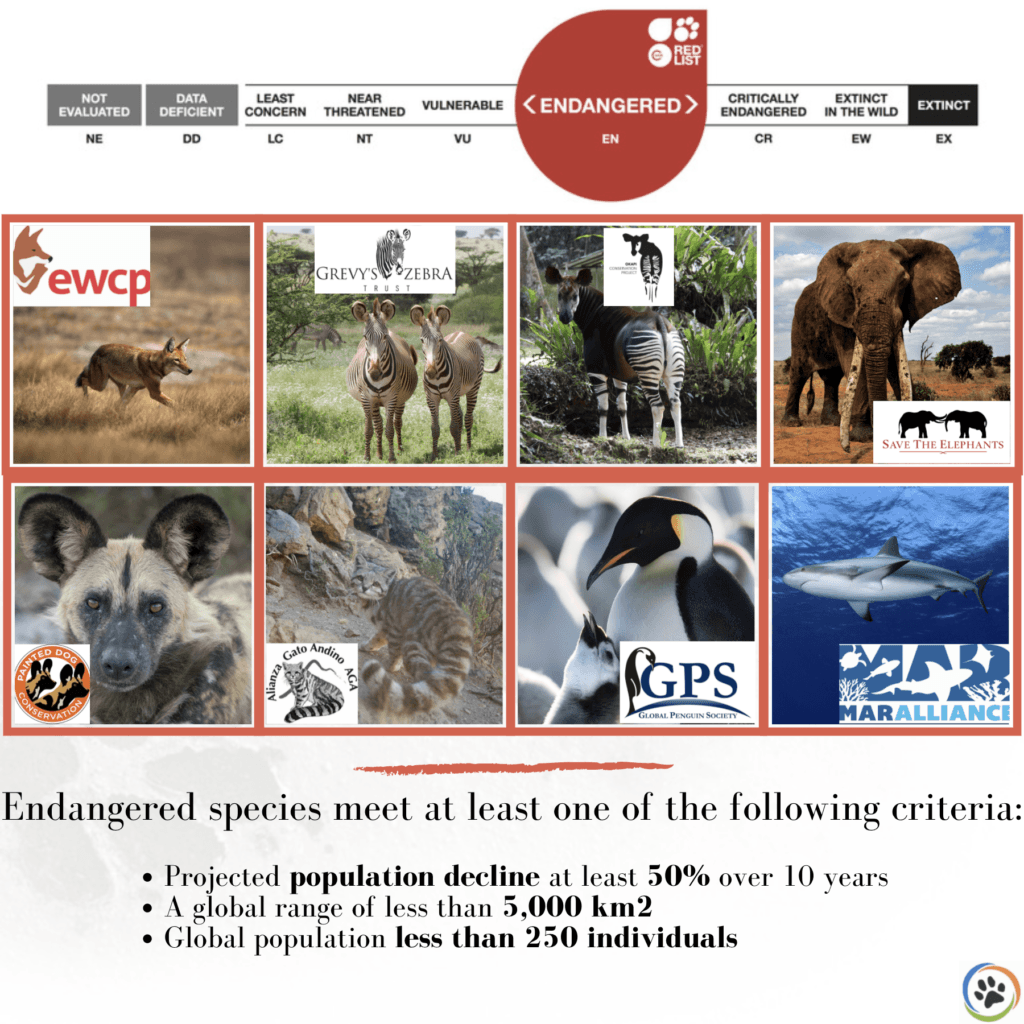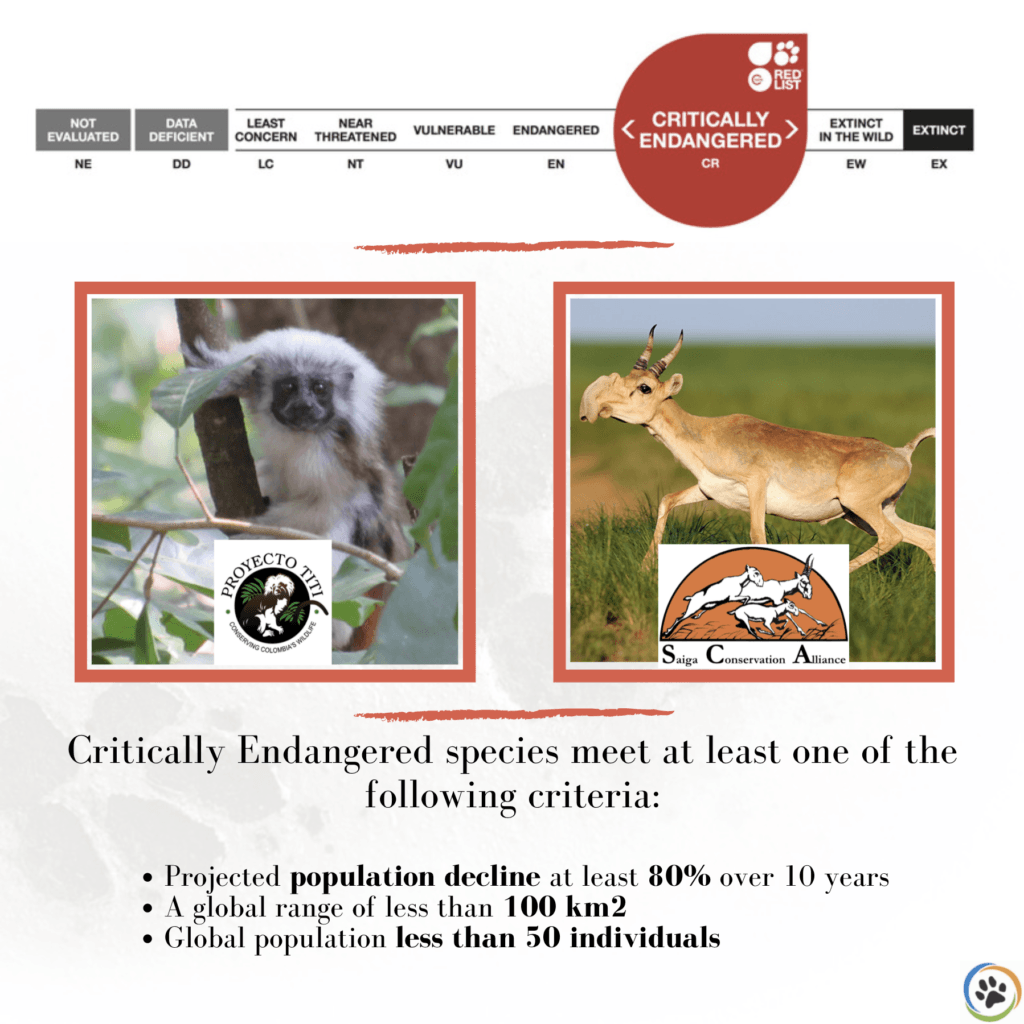Original post updated on May 20, 2021
On May 21, 2021, Endangered Species Day will be celebrated throughout the United States. This day celebrates the importance of wildlife conservation and restoration efforts for all imperiled species. The Endangered Species Act was signed into law in 1973, with bipartisan support, as President Richard Nixon proclaimed, “nothing is more priceless and more worthy of preservation than the rich array of animal life with which our country has been blessed.” The Endangered Species Act represents a commitment by the American people to work together to protect and restore the species that are most at risk of disappearing forever. Even to this day, about 4 in 5 Americans support the Endangered Species Act. So whether you identify as an elephant or a donkey on the political spectrum, we can all work together to protect wildlife.
With so many species facing the threat of extinction, scientists and policy makers needed a way to determine which ones to focus efforts on at any given time. So along with the Endangered Species Act, experts also developed the Red List of Threatened Species, the most comprehensive resource for the global conservation status of animal, fungi and plant species. The Red List uses information about species’ habitat, population size, and threats to determine a category for different species, ranging from “Least Concern” to “Extinct.” Despite their categorization on the Red List, the conservation of all of these species is important. However, three of these categories represent a critical window for action to save a species: vulnerable, endangered, and critically endangered. WCN’s Network of Conservation Partners works in this range to help move species further away from extinction, towards a safe space where wildlife will not only survive, but thrive.
Cheetahs, listed as vulnerable, are the oldest of the African ‘big cats’ and the fastest land mammal on Earth, but today are engaged in a race against extinction. Cheetah Conservation Botswana works to safeguard approximately 1,700 individuals found in Botswana, home to the world’s largest population of cheetahs. Their work is crucial to facilitate connectivity between cheetah populations in Southern Africa, including neighboring Namibia, where partner organization Cheetah Conservation Fund also performs research and education to protect cheetahs, together working to protect almost half of the global cheetah population.
Ethiopian wolves are listed as endangered, with only 500 surviving in small populations threatened by habitat loss and disease. The Ethiopian Wolf Conservation Program (EWCP) was founded in 1995, building on research and a realization that Ethiopian wolves were so rare that they required a special program to secure their persistence.
Cotton-top tamarins are one of the most critically endangered primates in the world. Proyecto Tití is committed to raising public awareness to the plight of the cotton-top tamarin, due to deforestation for agriculture, fuel, and housing, and the collection of the primates for the local pet trade in Colombia.
Saiga, an ancient species that used to roam in the millions across the Eurasian Steppe, have experienced a population crash of 95% in the last fifteen years, the fastest decline ever recorded for a mammal species. The Saiga Conservation Alliance (SCA) works across the species’ range to secure the future of saiga against threats from respiratory illness, illegal poaching, and habitats loss.
Although the Red List can feel overwhelming, it is important to recognize successes in conservation interventions as well. Recently, the saiga population in Kazakhstan has begun to increase, thanks in large part to the efforts of SCA. As we celebrate Endangered Species Day, we must demonstrate our commitment to the Endangered Species Act to work together to protect and restore the species. Today, you can demonstrate your support for endangered species by donating to WCN’s network of Conservation Partners. Each and every person can make a difference for wildlife; no matter who you are, no matter where you are, you can be involved.





